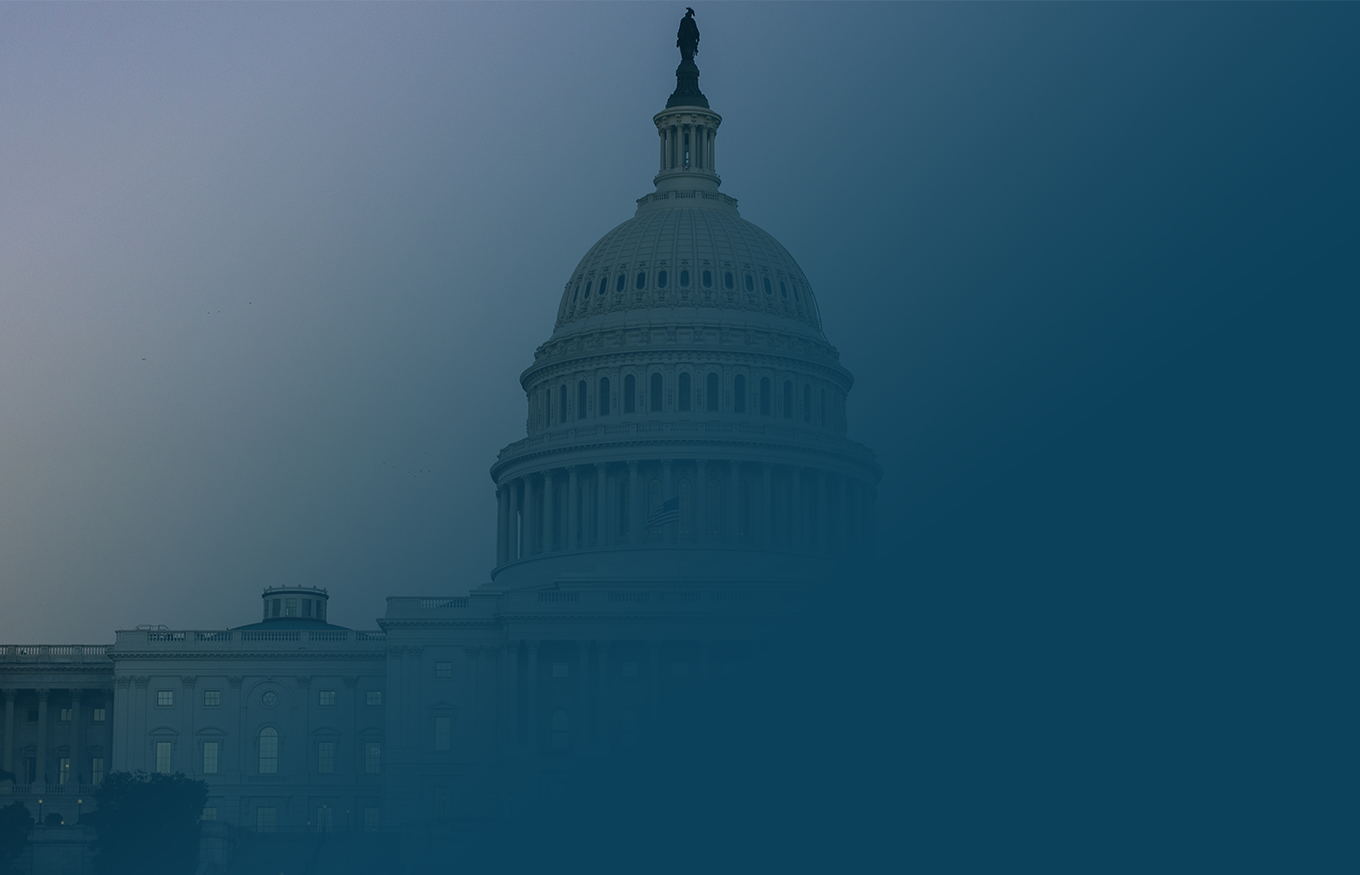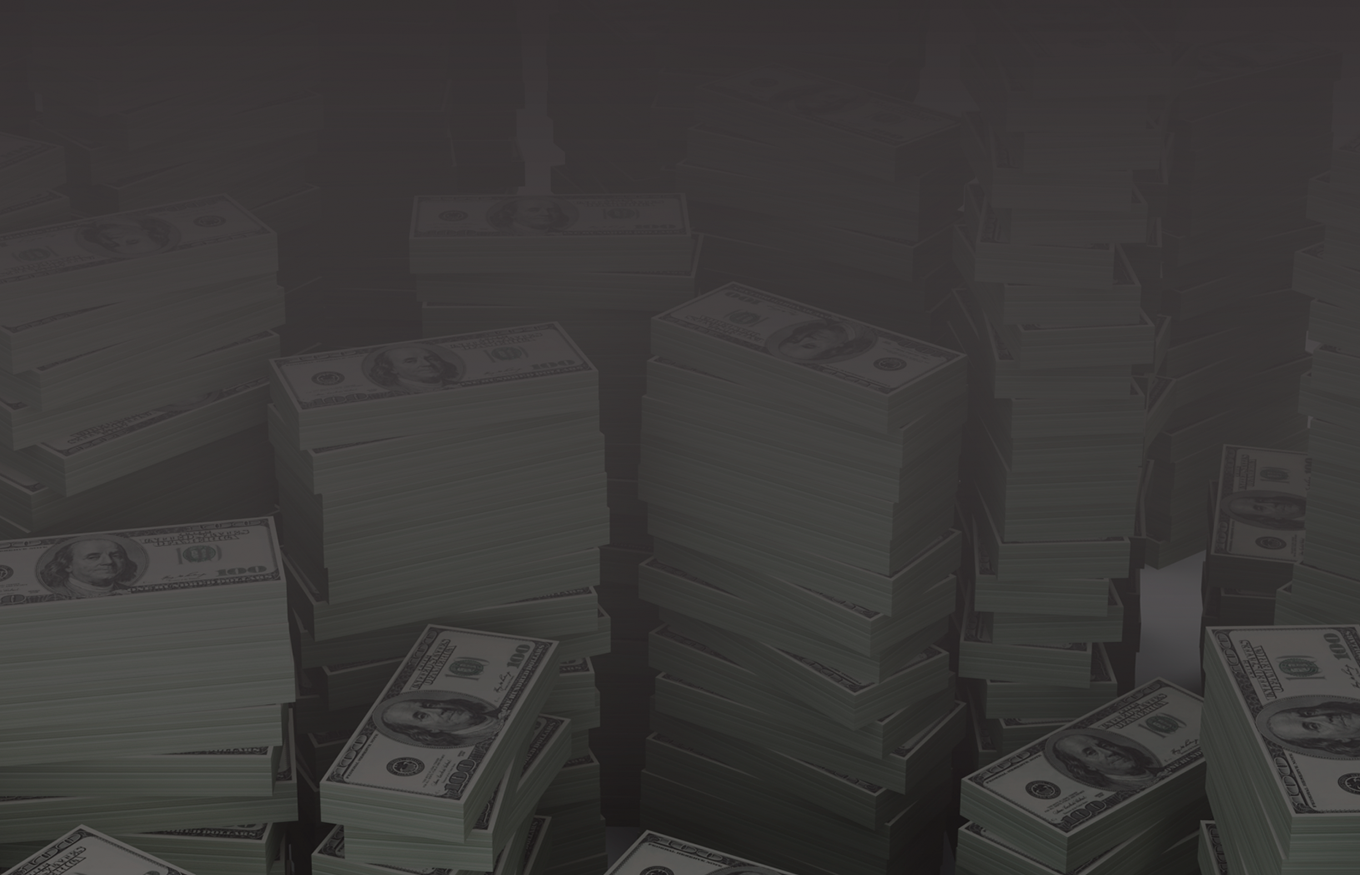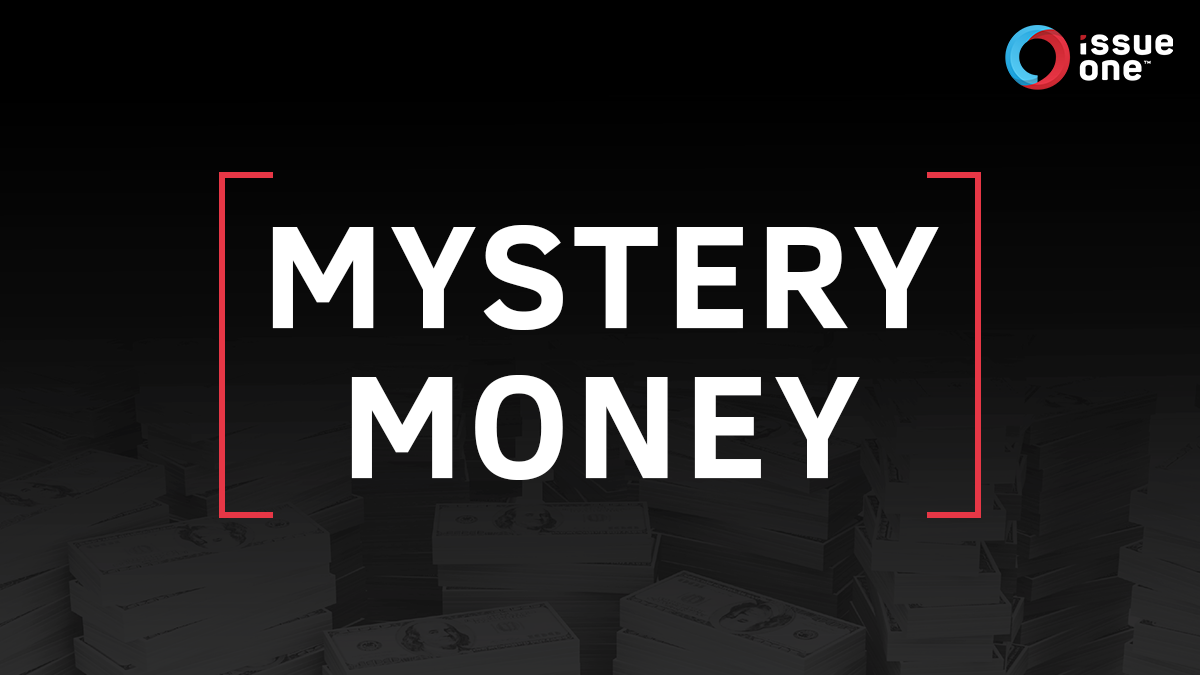New report highlights shell company loophole that could be abused by foreigners who want to interfere in U.S. elections
Shell companies that give money to super PACs could be conduits for foreign money in the 2020 election, warns a new report published today by Issue One.
Under current law, super PACs are permitted to collect contributions of unlimited amounts, but must disclose their donors. In some cases, their campaign finance disclosures list opaque shell companies as contributors. As a result, the public is left in the dark about the true identity of the sources of the money being spent to influence elections.
Issue One’s new report, entitled “Mystery Money,” explains why this is a loophole that needs to be closed so that foreigners are not able to use shell companies to pump money into U.S. elections.
“Secretive shell companies provide ideal cover for foreigners wishing to evade the existing prohibition on their involvement in U.S. elections,” said Issue One Founder and CEO Nick Penniman. “The Justice Department says foreigners have already used shell companies to illegally funnel money into U.S. elections at least twice in recent years. It’s only a matter of time before this glaring loophole in our campaign finance system is more systematically abused by malicious foreign actors.”
Added Issue One Executive Director Meredith McGehee: “Money laundering schemes to illegally funnel foreign money into super PACs through shell companies threaten the integrity of our political system. It is bad public policy to simply rely on a super PAC’s word that the funds they receive — especially money from mysterious donors — are not from foreign nationals. Congress needs to strengthen the law, and the Federal Election Commission needs to enhance existing transparency rules to help give the public more confidence that the law is being followed.”
Issue One’s “Mystery Money” report highlights a dozen case studies that illustrate a broken campaign finance system that allows deep-pocketed donors to remain anonymous and avoid scrutiny. Among the notable super PAC contributions from obscure and opaque groups this election cycle were the following:
- A mysterious New York-based company called Tomfoolery LLC, which simply listed a 60-story skyscraper in New York City as its address in campaign finance filings and could not be conclusively linked to any particular person, contributed $75,000 earlier this year to Lone Star Forward, a liberal super PAC active in Texas.
- East Coast Plumbing LLC, a little-known New Jersey-based company that appears to be associated with New York City billionaire Steven Roth — who has served as an economic adviser to President Donald Trump — contributed $250,000 in November to the Senate Leadership Fund, a super PAC that supports Republican Senate candidates.
- A Democratic super PAC called Mind the Gap collected $50,000 last year from an obscure 501(c)(4) “social welfare” nonprofit called MTG Research, which formed in Delaware just a month prior to giving away these funds and will never be required to publicly disclose its donors.
- Society of Young Women Scientists and Engineers LLC gave $150,000 last year to 1820 PAC, a super PAC supporting the reelection of Sen. Susan Collins (R-ME) — just weeks after it was formed as an LLC. The Campaign Legal Center has already filed a complaint with the FEC alleging that this LLC violated campaign finance laws by donating money without identifying the true source of the funds.
- Jersey Bay Holdings LLC, a low-profile company that appears to be tied to Uriel Cohen, an investor operating in the U.S. Virgin Islands with a scant history of previous political giving, contributed $25,000 in November to America First Action, the main super PAC supporting Trump’s reelection.
- River Birch LLC and Willow LLC — two companies tied to a pair of businessmen who have been accused of bribing a politician in New Orleans — have contributed $300,000 since 2015 to a super PAC called New Horizons USA that has mostly aided Democrats in Louisiana, including $50,000 last October. Strangely, $200,000 in contributions from these two LLCs that were reported to state regulators appear to be missing from the super PAC’s federal campaign finance filings, which should have been identical to its state-level reports. It is illegal to file false campaign finance reports with the FEC.
Since the Supreme Court’s Citizens United decision in 2010 paved the way for the super PAC era, there has been a proliferation of corporate super PAC donors — including scores of opaque and obscure companies that allow the people behind them to remain hidden. The cases highlighted in Issue One’s “Mystery Money” report are just the tip of the iceberg.
This new report warns that violations of the law are likely to continue until new laws and regulations are implemented, including more transparency for LLC super PAC donors and stiffer penalties for Americans who help foreign nationals use business entities like LLCs to evade anti-corruption laws. To that end, the report calls on Congress to pass the bipartisan Shell Company Abuse Act, which would stop foreigners from using tax loopholes to engage in illegal political activity.
Read the full report online here: “Mystery Money: How a loophole could allow foreign money to flow into super PACs through secretive shell companies.”
Want to dig more into LLC contributions to super PACs yourself? Check out Issue One’s new tip sheet!


 Image: bioraven/Shutterstock
Image: bioraven/Shutterstock



